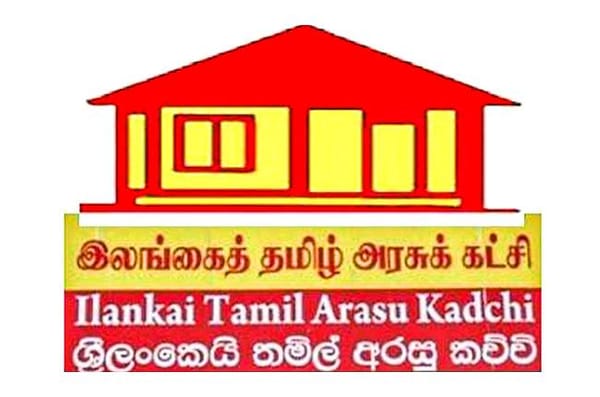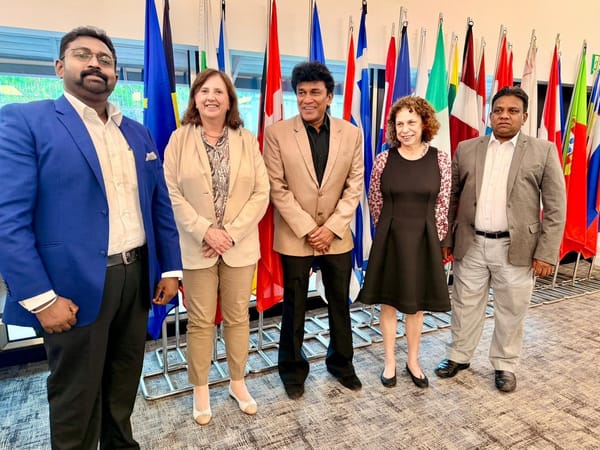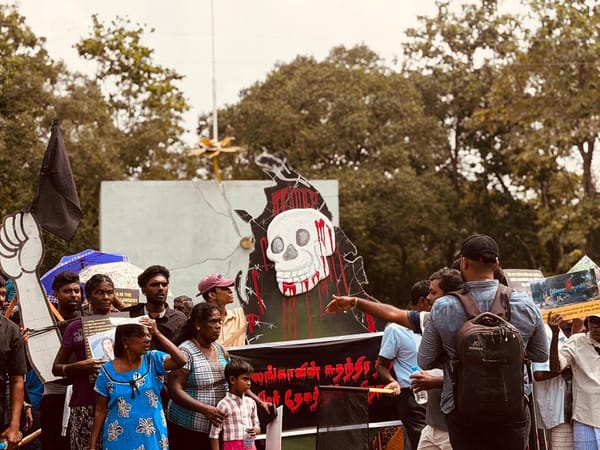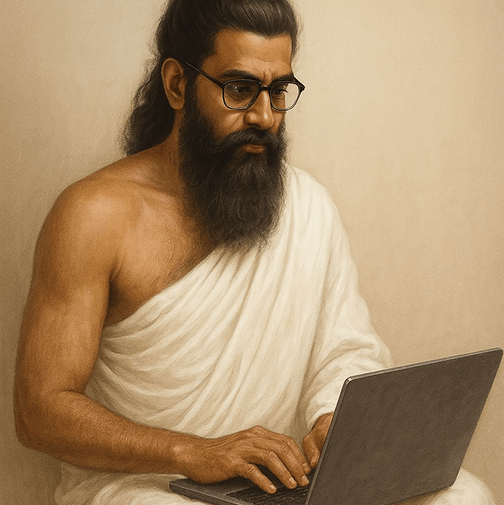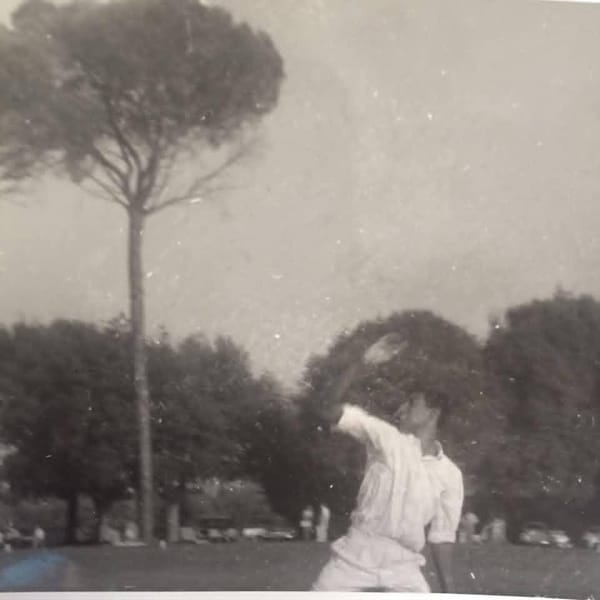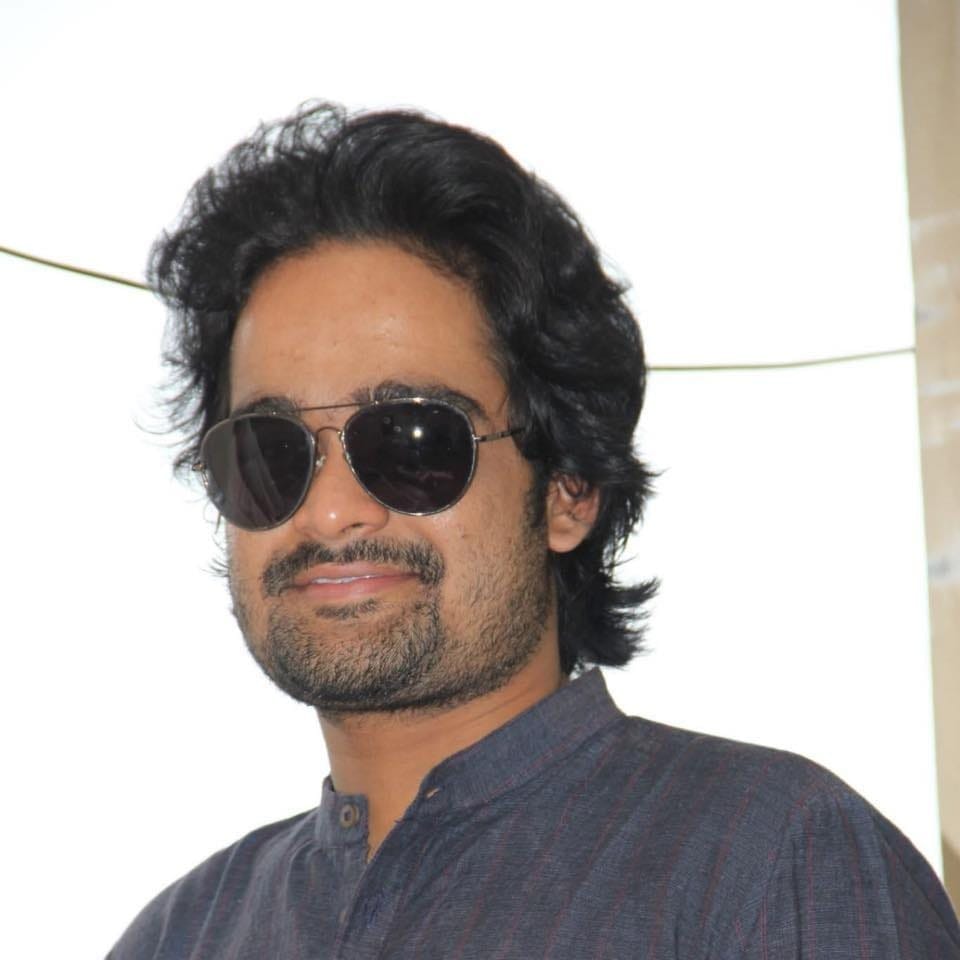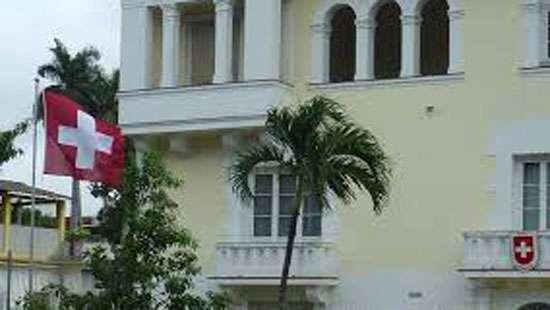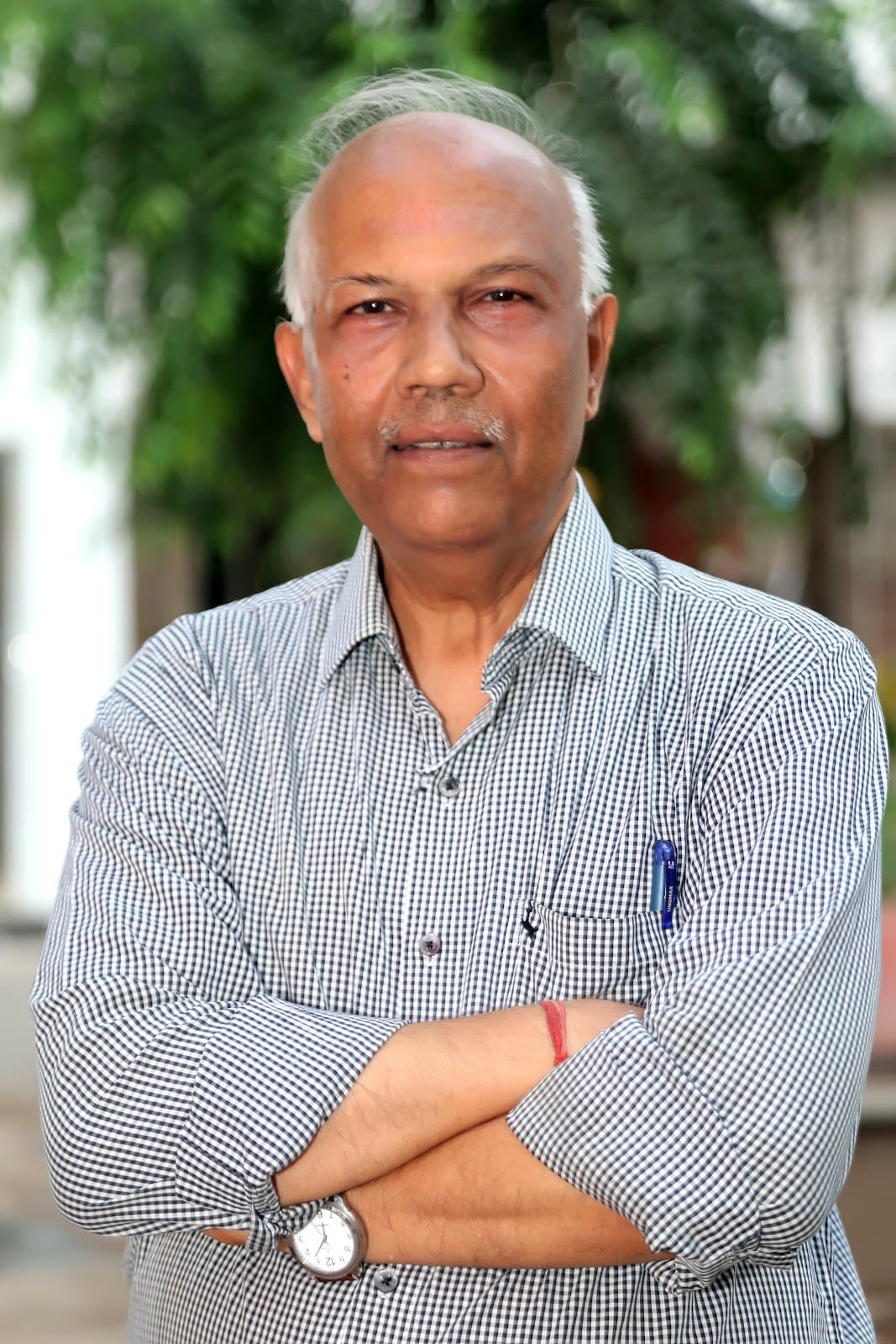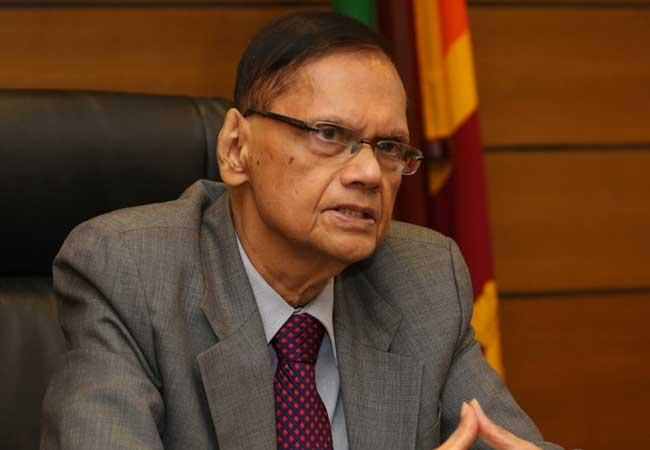Jaffna Municipal Council Mayor V. Mathivathani has urged the Central Government to release to local councils the tax revenues collected through them, as the government has now instructed local authorities to pay their employees' salaries from their own income in order to ease the national financial crisis.
The Mayor pointed out that as the Sri Lankan government continues to face a severe financial crunch, the International Monetary Fund (IMF) has recommended that local authorities shoulder part of the financial burden. Following this, the government has directed that even municipal and large councils, not just small ones, must fund staff salaries through their own revenues.
However, Mathivathani noted that larger councils, such as Jaffna Municipality, which generate higher income, also have proportionately more officers and employees, leading to heavier expenses.
Currently, the Jaffna Municipal Council employs 816 staff members, and their salaries alone account for approximately 660 million rupees—nearly 60 percent of the council's total expenditure. Additionally, overtime payments, holiday allowances, and vehicle allowances for officers require an additional 300 million rupees.
She added that due to this situation, the Council is compelled to formally request that the Central Government release to each council the tax revenue collected through it.
"We plan to adopt this as an official resolution in the Municipal Council," Mathivathani stated, further appealing to other local authorities to pass similar resolutions and express solidarity on this issue.
The call for fiscal autonomy comes at a critical time as local governments across Sri Lanka grapple with the dual challenge of meeting IMF-recommended fiscal targets while maintaining essential municipal services for their communities.

